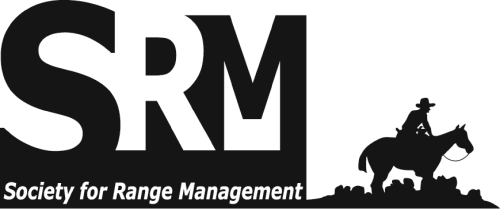Heavy grazing in riparian areas can lead to soil erosion, loss of bank stability, reduced infiltration, increased downstream siltation, reduced water quality, and drier, hotter habitat conditions. We investigated the impacts made by wild horses on riparian health, their interaction with other ungulates, including livestock and wildlife, and their activities when at water as compared to livestock and wildlife. Prior research on wild horses has failed to address the potential impact wild horses may have on riparian conditions, which is important in the development of grazing permits and management decisions. To assess the impact of wild horses, we adapted methods for monitoring riparian health. We measured changes in vegetation stubble height, woody browse use, stream bank alterations, and forage utilization. At two regions in Idaho, each with 4 riparian study sites, we documented presence of wild horses, livestock, and wildlife with 16 game cameras. By using game cameras and measuring vegetation we attributed change in riparian conditions to the animal species present. Many ungulates used our riparian study areas, including elk, pronghorn, mule deer, wild horses, cattle, as well as upland game birds, wolves, bears, mountain lions. Unexpectedly, human recreation influenced riparian conditions as well. It is clear that grazing ungulates affect riparian health. The potential impact of wild horses on riparian areas could compound known impacts from livestock. Thus, wild horses should be considered when determining management plans dealing with riparian health.

Oral presentation and poster titles, abstracts, and authors from the Society for Range Management (SRM) Annual Meetings and Tradeshows, from 2013 forward.